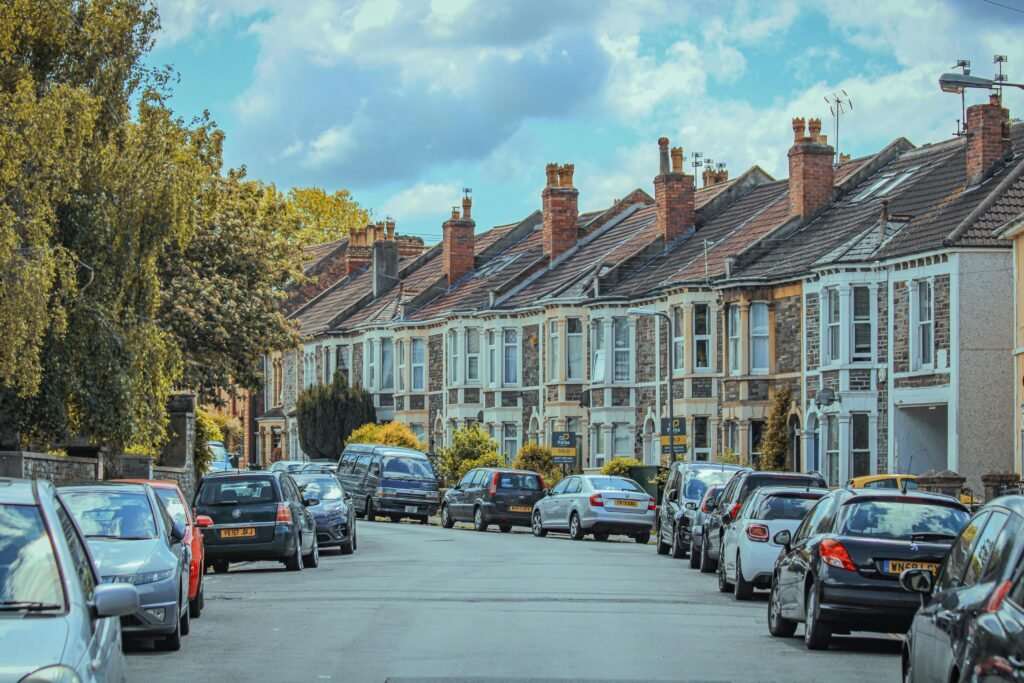
The UK property market is facing one of the boldest shake-ups in decades. The government is considering replacing the long-standing stamp duty with an annual property tax on homes valued above £500,000. This proposal has been described as “radical and very welcome” by experts, but it is also stirring deep concerns among homeowners and analysts alike.
Why This Matters
Stamp duty, which currently generates between £10–12 billion each year, is often seen as a barrier to home buying. It adds a significant cost upfront for buyers, discouraging many from moving house and limiting mobility in the housing market. By scrapping it, the government hopes to inject more energy into property transactions, helping families move more freely and making the market more dynamic.
Imagine a world where buyers no longer hesitate because of hefty upfront taxes. Young families might find it easier to purchase their first home, and downsizers could make moves without being weighed down by additional costs. This is why the proposal has been welcomed as a way to “unlock” the housing market.
The Catch for Homeowners
But here’s where the debate heats up. The new system shifts the burden from buyers to property owners. Instead of paying a one-off stamp duty, homeowners with properties worth over £500,000 would face an annual tax. On paper, this spreads the cost more evenly. In reality, it could disproportionately affect older homeowners—especially pensioners living in valuable homes but surviving on fixed incomes.
Think of a retired couple who bought their house decades ago, when prices were modest. Today, their home could be valued at £800,000 or more. Under the proposed tax system, they would be forced to pay thousands of pounds each year—without the regular income to support it. For many, this raises fears of being “property rich but cash poor.”
A Divided Debate
Economists argue that removing stamp duty will increase market fluidity, allowing more family-sized homes to become available. Yet critics warn that the annual levy may create new barriers, forcing some homeowners to consider selling properties they would rather keep.
There’s also a sense of unfairness for those who have recently paid large sums in stamp duty. Imagine a buyer who just spent £40,000 in taxes on their new home, only to find out months later that stamp duty is abolished. Without transitional protections, they could feel heavily penalized.
What Lies Ahead
The reform is still at the discussion stage, and no final decisions have been made. However, the conversation highlights a larger shift in how wealth is being taxed in the UK. Rather than focusing only on income, policymakers are increasingly turning their attention to property—often the largest form of wealth for British families.
This move could redefine how people think about homeownership: not just as a place to live or an investment, but as an ongoing financial responsibility. Whether this will make the market more accessible or push long-term owners into difficult situations remains one of the most important questions facing the housing sector today.
—
Source: Financial Times, “‘Radical’ property tax would hit older and wealthier people, experts warn”, published August 23, 2025






